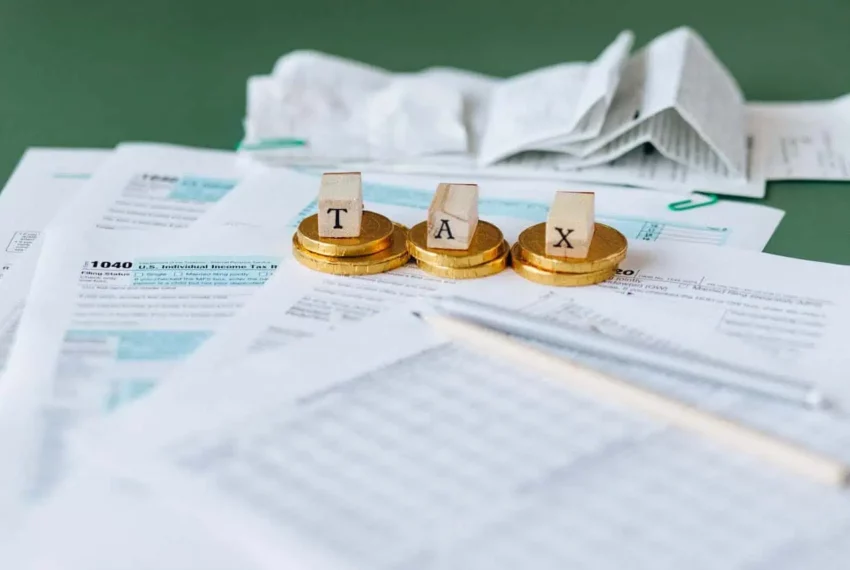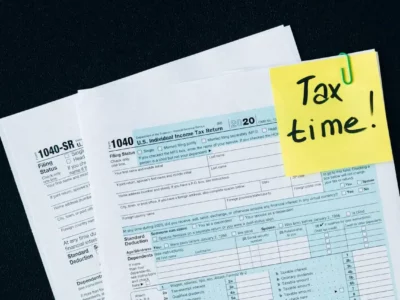
Buying a property in Spain is an exciting venture, but it’s important to be fully aware of the tax obligations that come with it. Whether you’re planning to rent out your property, use it as a holiday home, or keep it as a long-term investment, understanding the different property taxes in Spain is crucial for maximizing your returns and avoiding legal complications. Read this post to know about property t.ax in Spain for foreigners in 2024.
Overview of Property Taxes for Foreigners in Spain
For foreigners who own property in Spain, several taxes apply, whether you are a resident or a non-resident. These taxes include:
- Income Tax on Rental Income
- Imputed Income Tax (for non-rented properties)
- Property Ownership Tax (IBI)
- Capital Gains Tax
- Wealth Tax
1. Income Tax on Rental Income
If you rent out your property in Spain, you must declare the rental income. Non-residents from the EU/EEA are taxed at a flat rate of 19%, while non-EU/EEA residents are taxed at 24%. It’s essential to file these taxes quarterly in January, April, July, and October. For EU/EEA citizens, certain expenses related to the rental can be deducted, while non-EU citizens must declare the full rental income without deductions.
How to Calculate Rental Income Tax
The tax is calculated on the gross rental income for non-EU/EEA residents and on the net income (after allowable deductions) for EU/EEA residents. If you are not renting out the property, you will still need to pay an Imputed Income Tax, which we will discuss next.
2. Imputed Income Tax
Even if your property is not rented out, Spain assumes you could be earning rental income and therefore imposes an imputed income tax. This tax is typically based on the cadastral value of the property. The rate is 1.1% of the cadastral value if it has been revised in the last 10 years, and 2% if it hasn’t been updated.
This tax is payable annually and must be declared before December 31 each year using Form 210.
3. Property Ownership Tax (IBI)
The local council charges the Impuesto sobre Bienes Inmuebles (IBI), or property ownership tax. This tax is calculated based on the cadastral value of the property and varies by region, typically ranging from 0.4% to 1.1%. It is paid annually, and you can set up a direct debit for convenience.
IBI Rates Across Spain
In high-demand regions like Marbella or Madrid, the IBI may be closer to the upper end of the range, whereas more rural areas tend to have lower rates. This tax covers local services such as garbage collection and road maintenance.
4. Capital Gains Tax (CGT)
If you sell your property in Spain, you will need to pay capital gains tax on the profits. For EU/EEA residents, the rate is 19%, while for non-EU/EEA residents, it’s 24%. The gain is calculated as the difference between the selling price and the original purchase price, adjusted for any improvements made to the property.
In most cases, the buyer is required to withhold 3% of the sale price and pay it directly to the tax authorities, which can be offset against your CGT liability.
5. Wealth Tax
Wealth tax applies to non-residents if the value of your Spanish property exceeds €700,000. This tax is progressive, with rates starting at 0.2% and going up to 2.5% for properties valued over €10 million.
How to Calculate Wealth Tax
To calculate the wealth tax, you take the total value of your property minus any applicable deductions, such as mortgages or loans, and apply the progressive rates. This tax is declared annually and is payable by December 31 of the following year.
6. Additional Taxes and Fees
Other taxes and fees that may apply include:
- Plusvalía Tax: A municipal tax levied on the increase in the value of urban land when a property is sold.
- Notary and Registration Fees: Payable when purchasing a property, generally between 1% and 2% of the property value.
- Stamp Duty: Varies between 1.5% and 2% depending on the region and type of property.
How to File Property Taxes in Spain
Non-resident property owners must file tax returns for property-related income and imputed income using Form 210. Taxes are due annually or quarterly, depending on whether the property is rented out. We recommend consulting with a tax advisor or property management firm to ensure compliance with Spanish tax laws.
Understanding Property Taxes in Spain for Foreigners
Owning property in Spain offers numerous benefits, but it’s important to be aware of the taxes you will need to pay as a non-resident. These include income tax on rental income, imputed income tax, property tax (IBI), capital gains tax, and potentially wealth tax. By staying informed and filing your taxes correctly, you can avoid penalties and maximize your returns.
Ready to Invest in Spanish Property?
If you’re ready to purchase property in Spain or want expert advice on managing your investment, The Property Agent can help. We specialize in helping international clients find their ideal property in Spain while providing guidance on tax obligations and legal requirements.




